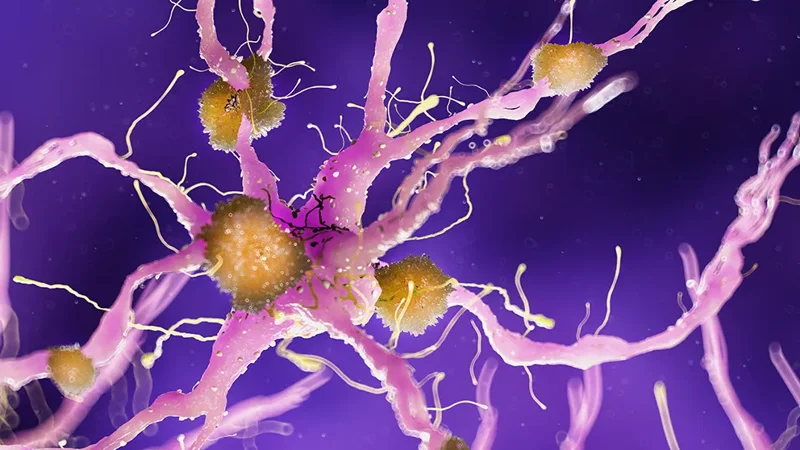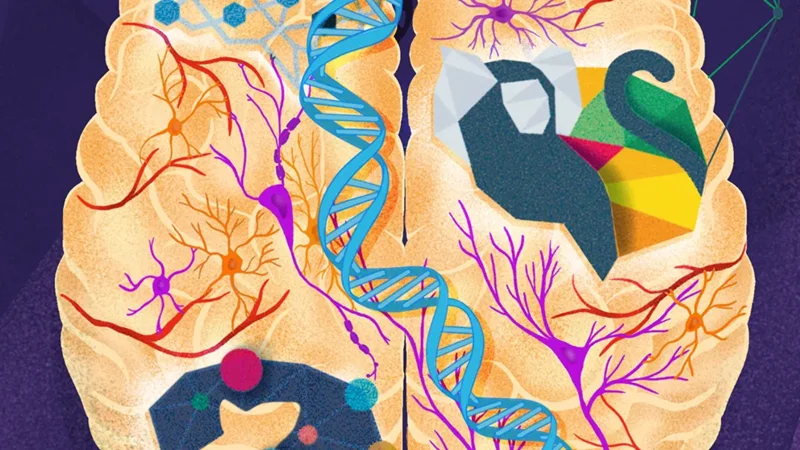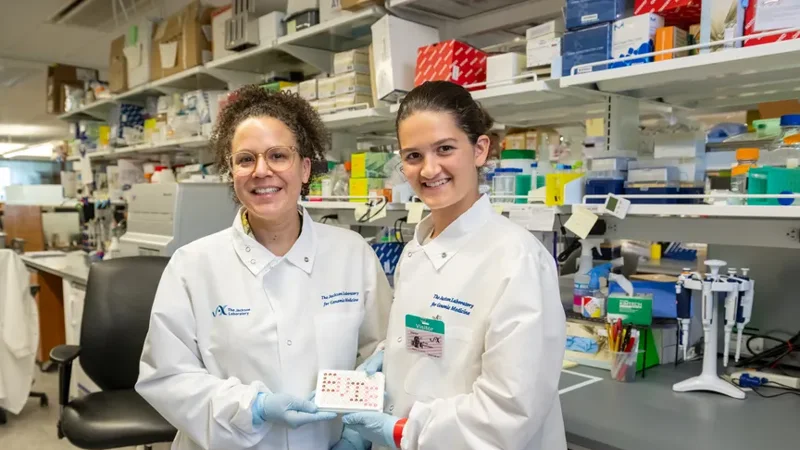Model organism development and evaluation for late-onset Alzheimer's Disease.
Model organism development and evaluation for late-onset Alzheimer's Disease.
The MODEL-AD consortium consisting of a Center at Indiana University School of Medicine, The Jackson Laboratory, Sage Bionetworks and the University of Pittsburgh School of Medicine, and a Center at the University of California Irvine has been established by the National Institute on Aging to:

Get information and resources for Alzheimer's and other dementias from the Alzheimer's Association.

Alzheimer’s researchers have long wished for better mouse models. That is now coming true. Scientists at the Jackson Laboratory in Bar Harbor, Maine, are cranking out numerous lines that express humanized Aβ and tau in combination …

The July issue of Alzheimer’s & Dementia spotlights progress by MODEL-AD and its work to create better models for Alzheimer’s disease research and catalyze progress in the field.

Researchers at The Jackson Laboratory offer the first comprehensive ranking of the relative role and significance of every known gene and protein in the development of Alzheimer’s Disease in advance of the Alzheimer's Association International Conference, July 28

Mice don’t get Alzheimer’s—and while that’s good news for mice, it’s a big problem for biomedical researchers seeking to understand the disease and test new treatments. Now, researchers at The Jackson Laboratory are working to create the first strain of mice that’s genetically susceptible to late-onset Alzheimer’s, with potentially transformative implications for dementia research.

Two world-leading organizations are partnering to further expand AI capabilities in biomedical science and catalyze medical progress.
View more
The Gene Expression Database for Mouse Development has been named a Global Core Biodata Resource in the 2023 selection round.
View more
JAX is celebrating important research breakthroughs, new faculty and leadership appointments, and crucial advancements in legislation.

To solve Alzheimer’s disease, JAX's Kristen O'Connell is working to understand the biological factors that cause it.

JAX researchers are at the forefront of developing and implementing AI-based technologies for a variety of research applications.
View more